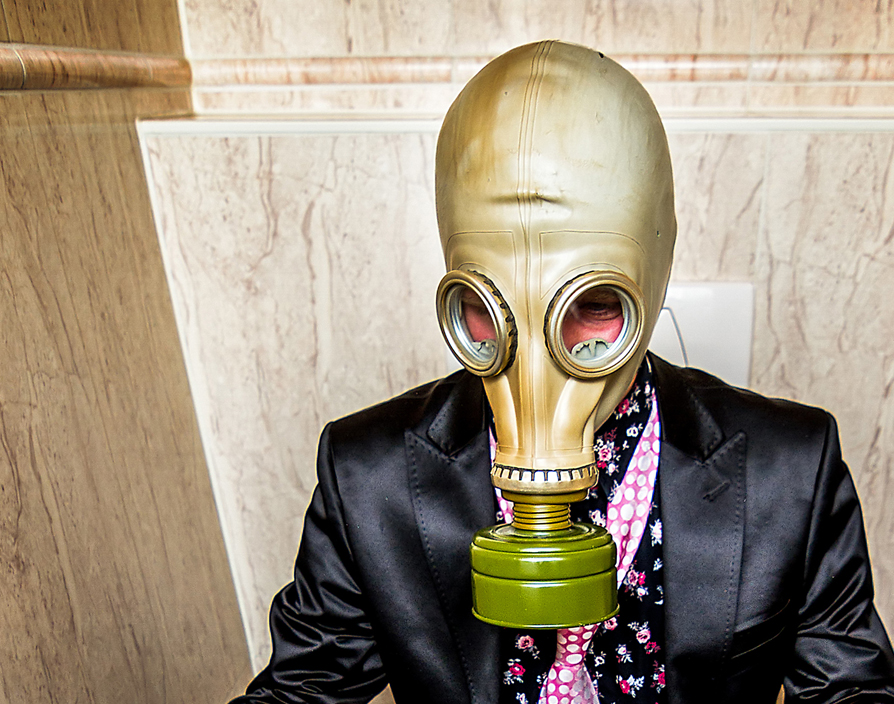The workplace is a space where workers as well as business owners spend maximum time in. And inevitably the environment affects their productivity. Inevitably employers must ensure they make it an enjoyable and comfortable experience for their staff. However, few are succeeding to do so, according to a new study conducted by Aspect, the property maintenance company.
The study suggested 83% of 2,000 UK workers deem their workplace as “unpleasant” to work in with issues such as uncomfortable temperatures, lack of natural light, vomit-inducing smells, mould, poor ventilation and insects being among the common problems.
Indeed, entrepreneurs must take this issue seriously as 46% complained of workplaces being too hot while 43% complained of it being too cold. Roughly 31% said their workplaces lacked natural light and 27.9% complained of workplaces having poor ventilation. Additionally, 25.65% said their offices had a bad smell. All of these problems were becoming an obstacle in their productivity.
Cary Cooper, professor of organisational psychology and health at the Manchester Business School, said employers are lacking in their efforts to create an environment conducive to their employees’ satisfaction. “As we saw with the burst water pipe in the House of Commons back in April, a physically unpleasant or even unsafe workplace is obviously bad for productivity and for an organisation’s external image,” he added. “Issues like intrusive noises, uncomfortable temperatures and general shabbiness can be a distraction but it’s also a matter of respect from employers toward their people. Employers ought to go further than simply meeting health and safety requirements to ensure workplaces are as pleasant and comfortable as possible.
“Those that don’t are sending a signal to their people that their physical comfort and freedom from distraction are a low priority, which can be demoralising for any workforce. That’s not to say organisations need to invest in high-spec fit-outs and luxurious surroundings but they should focus instead on meeting a basic standard of environmental comfort appropriate for their industry.”
Cooper advised employers to prioritise workplace interiors as it directly affects the staff efficiency.
He said: “The complaints highlighted in the study suggest a wide spectrum of failure when it comes to meeting these basic standards. Workplaces should be a comfortable temperature and well-lit where possible, free from intrusive noise, bad smells and other avoidable sources of unpleasantness.”
Indeed, employees can lose interest at work due to poor maintenance of the workplace. Apart from annoying colleagues, bad office spaces are a reason for decreased productivity in workers. And to ensure your team continues to be your asset, you must make it a place that they can work without any complaints.
Share via:








































